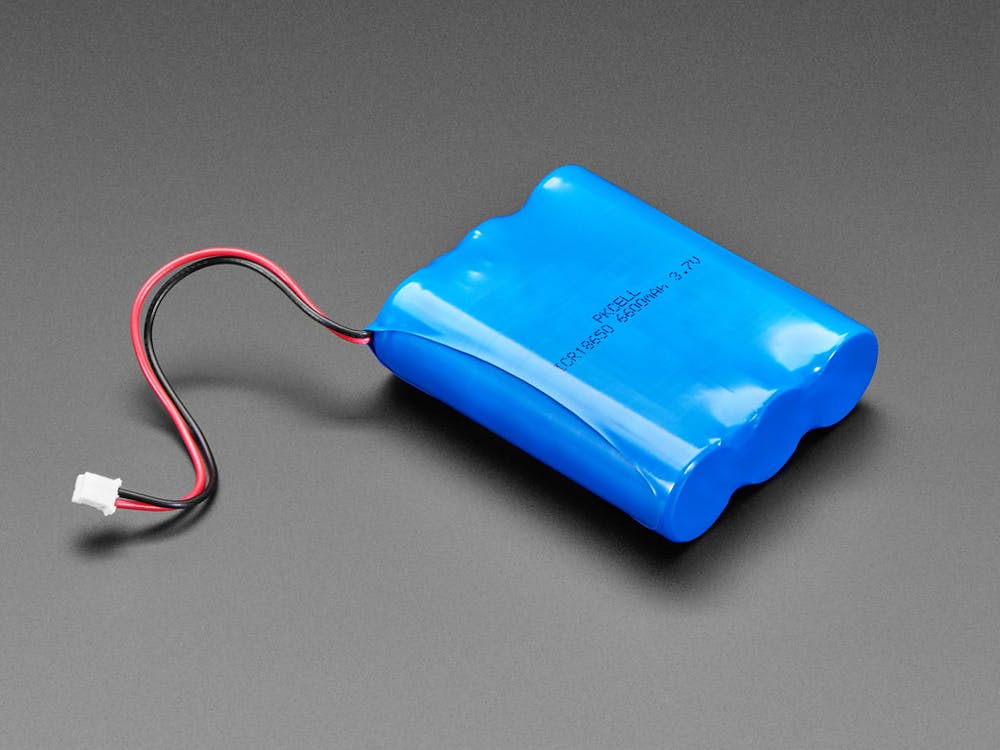Following Apple’s traditional spring product event, which was held on March 21, the iPhone SE captured headlines.
Recently, smartphone screens have been getting larger, especially among Apple’s biggest competitors like Samsung, HTC and LG. Apple has tried to imitate this trend, beginning with its release of the iPhone 6, with a 4.7-inch screen, and the iPhone 6 Plus, with a 5.5-inch screen, in 2014.
The iPhone SE is Apple’s attempt to fill the smartphone market’s gap in smaller phones. However, although the SE has only a four-inch screen, Apple has reassured its buyers that they need not worry about the phone’s capabilities. According to Apple, the new phone will be just as fast and powerful as the iPhone 6.
“It’s the most powerful four-inch phone ever created,” Tim Cook, CEO of Apple, said.
Not only is the iPhone SE smaller than the iPhone 6, but it is also cheaper, starting at $399, in comparison to the $549 price tag of the iPhone 6.
At its spring event, Apple also released a new 9.7-inch iPad Pro, keeping in line with its trend toward making smaller devices. The previous model had a 12.9-inch screen and a price that is $200 above that of the new model, which costs $599. The new model is also available in an additional pink color that the previous model did not have.
The new iPad appears to be Apple’s attempt at reversing the recent decline in tablet sales. The company also lowered the price of its existing tablets, which included the iPad Mini and the iPad Air 2, to $269 and $399, respectively.
Additionally, Apple made an announcement regarding its smartwatch, Apple Watch, saying that its least expensive model would cost buyers $299. The company also introduced some sport and leather bands in a variety of colors for the Apple Watch.
During the event, Cook also took some time to discuss Apple’s legal battle against the U.S. government. The government is interested in information located in the iPhone of Syed Rizwan Farook, the gunman in the San Bernardino shooting, which took place on Dec. 2, 2015.
However, in order to do this, the government must unlock the iPhone using new software that would be created by Apple to bypass the phone’s password. Apple says that creating such software could lead to a downward spiral, resulting in a loss of privacy for many iPhone users around the world.
“The government is asking Apple to hack our own users and undermine decades of security advancements that protect our customers — including tens of millions of American citizens — from sophisticated hackers and cybercriminals,” Apple wrote in a public letter on Feb. 16.
Cook maintained the company’s stance on protecting consumer privacy at the event.
“We believe that we have a responsibility to help you protect your data and protect your privacy,” he said. “We owe it to our customers, and we owe it to our country. This is an issue that affects all of us, and we will not shrink from our responsibility.” A poll by CBS News and The New York Times showed the consumer base is divided regarding this controversial case. Out of over 1,000 people surveyed, about 50 percent said that Apple should unlock the shooter’s phone, understanding that such a move could potentially lead to loss of privacy. Forty-five percent said the privacy of consumers’ devices should come first, and the government is overreaching by trying to access the phone’s data.
A recent development in the case has the FBI developing a promising encryption workaround that may be able to access the contents of Farook’s phone, in which case Apple would not have to develop new software. Both parties would likely settle for this move as long as the code is kept classified.

















